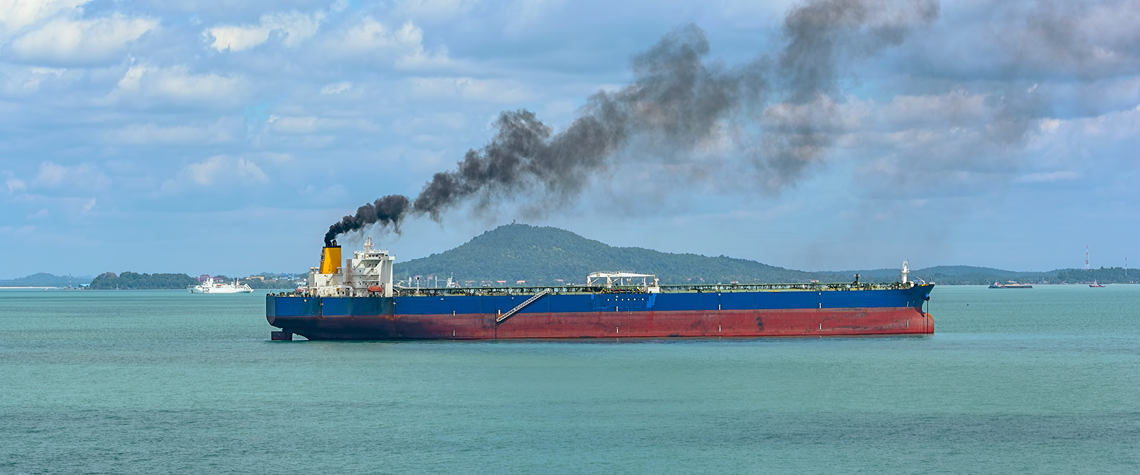IMO 2020 promises widespread disruption
Large-scale changes in refinery operations will be just one of the major changes the new regulations will bring to the energy landscape
From 1 January 2020, international bunker fuels have needed to meet a much tighter maximum sulphur specification of 0.5pc, versus 3.5pc currently, due to the new regulations implemented by the International Maritime Organisation (IMO). This change aims to effectively eliminate one of the largest sources of SOx emissions, accounting for roughly 10pc of the global total from all sources.Although exhaust gas scrubbers on ships will cover some of the requirement, along with a very limited amount of LNG bunkers, the vast majority of demand will need to change to low sulphur bunker fuels.From a refining standpoint, this will require a major shift in the blendstocks used to make marine fuels, initi

Also in this section
27 February 2026
LNG would serve as a backup supply source as domestic gas declines and the country’s energy system comes under stress during periods of low hydropower output and high energy demand
27 February 2026
The assumption that oil markets will re-route and work around sanctions is being tested, and it is the physical infrastructure that is acting as the constraint
27 February 2026
The 25th WPC Energy Congress to take place in tandem as part of a coordinated week of high-level ministerial, institutional and industry engagements
27 February 2026
The deepwater sector must be brave by fast-tracking projects and making progress to seize huge offshore opportunities and not become bogged down by capacity constraints and consolidation







